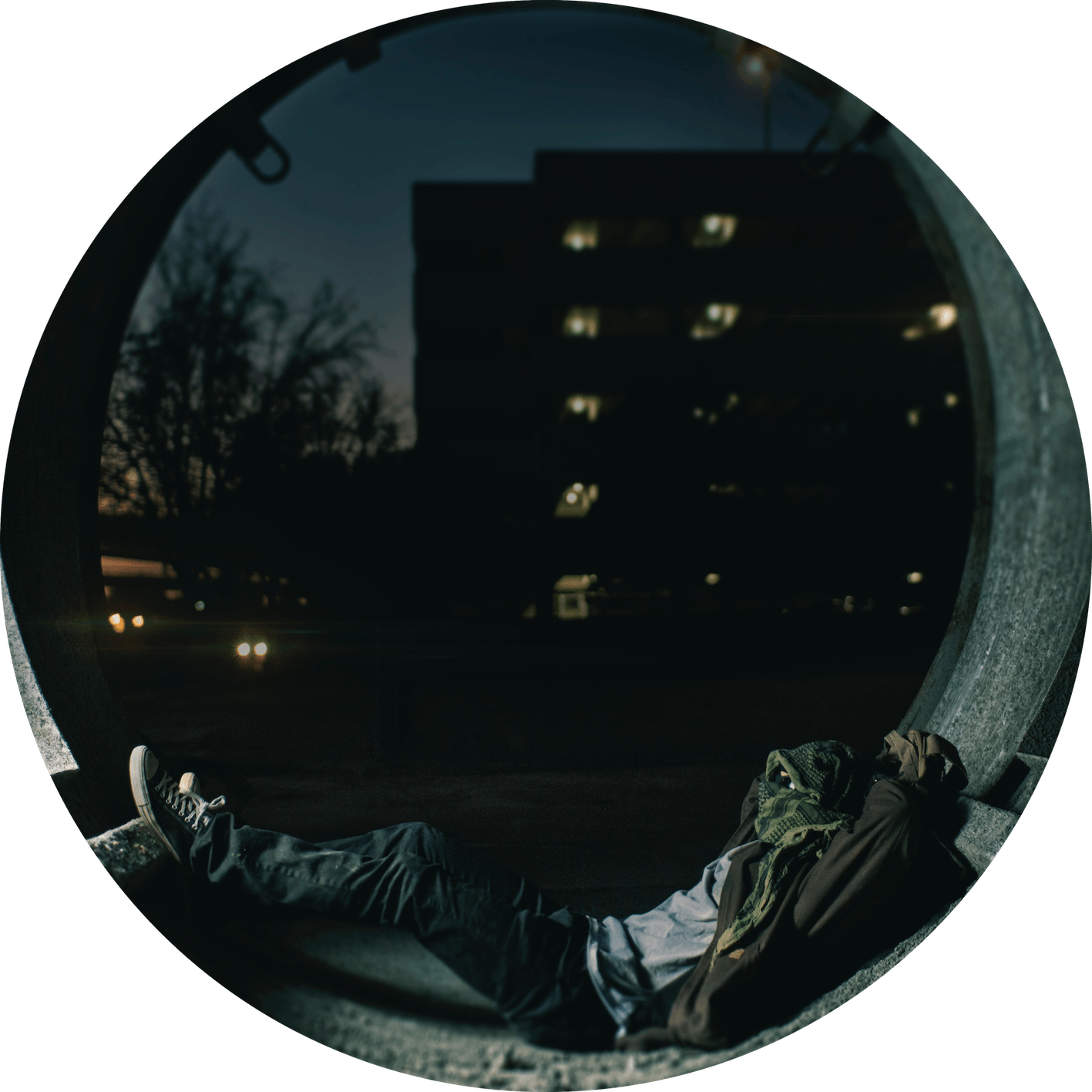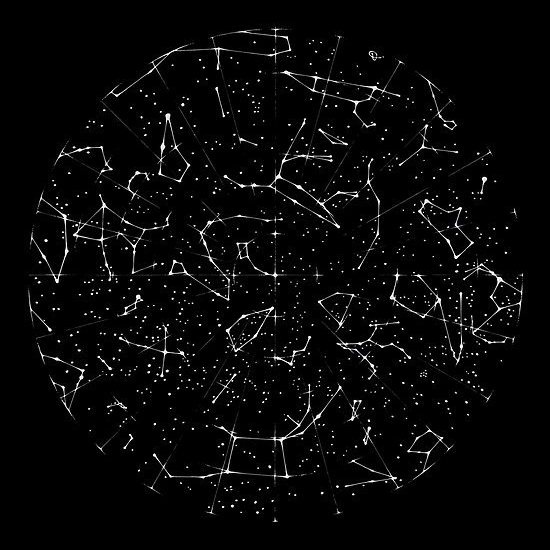Showing Up
in community for ourselves, each other and our world
Showing up in 2019:
Housing and Home
- this six-month pilot programme offered a framework for mindful social-engagement with the current housing situation in Ireland.
Showing Up: Housing and Home began on Monday, June 3, 2019.
Showing Up: Housing and Home was the first cycle of an annual and year-long project which was designed to have the flexibility to focus on a different theme each year or to stay with the existing one. Our intention in spending such a long period of time on one theme is to allow for a sustained engagement, one which honours the complexity of the issue we’re showing up to.
We've designed a framework of in-person and online meetings to offer a way of engaging with the issue without having any designated duties or tasks to take on. Instead we are committing to just showing up in a spirit of curiosity and openness, supported by mindfulness, and seeing what happens next.
How did it work?
There were six meetings in the pilot programme:
- three retreat days, where we engaged with services supporting those left most vulnerable by the current housing situation. On these days we learned from activist and organising leaders in the field and offered them support in the form of donations (which were covered by the overall cost of participating).
- three online meetings on Zoom (online conferencing). During these sessions we gathered together online to check-in. We practiced reflective communication around our unfolding understanding and experience of the theme of Housing and Home.
The programme was designed to follow the cycle of the seasons. Questions posed in the earlier reflective meetings were a bit like planting seeds, such as ‘how does this housing situation hurt?’ and ‘what does home mean to you?’. Towards the end of the year we harvested our experiences and understandings from our retreat days and practice and lived experience in between. From here we moved into identifying and taking action. We took each step of the way together and with mindfulness.
Practicing mindfulness
The group’s core reflective practice (both in-person and online) is that of ‘council circle’, a form of mindful communication in which we express our experiences in response to some open questions, and witness the experiences of others in a reflective way. We also practiced other forms of mindfulness meditation. It was recommended that some previous experience of mindfulness was helpful. Niamh separately offered the MBSR (Mindfulness-Based Stress Reduction) eight-week course during the programme.
Who was it for?
This programme was designed for anyone who:
•Was feeling overwhelmed by the volume of issues crying out for attention and need a place, a community and a framework for showing up
•Wished to extend their mindfulness practice out ‘into the world’ in a more direct way
•Wanted to respond to what you see happening in the world but had a very full life and couldn't take on many extra responsibilities
•Wished to learn more about the current housing situation directly from activist leaders in the field, to offer practical support, and to show solidarity with those most affected
•Had become troubled by how public conversations have become increasingly polarised and would like to explore reflective communication with others


